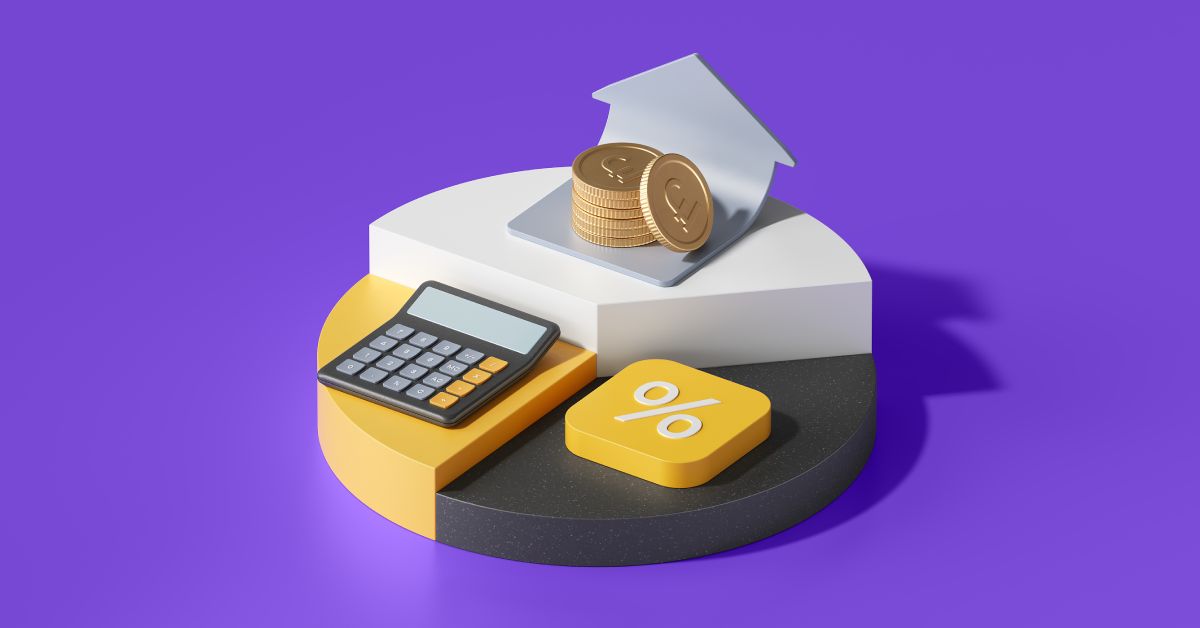411 reads
The UK's Economic Outlook for 2023
by
December 24th, 2022
Audio Presented by

I have been working in the fintech and writing articles about finance, banking and new technologies.
About Author
I have been working in the fintech and writing articles about finance, banking and new technologies.
